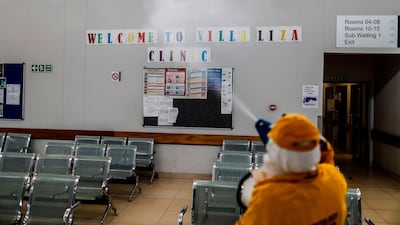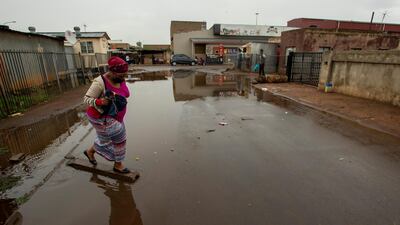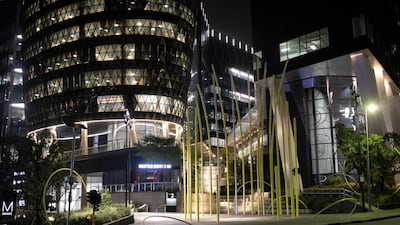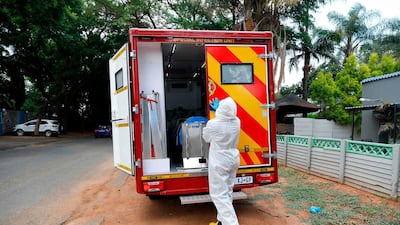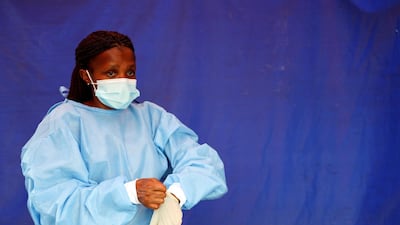The highly infectious South African coronavirus variant could be resistant to existing immunity, scientists said on Tuesday.
Part of the virus's outer spike protein resisted antibodies developed by people who had been infected in the past, researchers found.
A blood sample analysis found that nearly half of people who had overcome the disease previously did not show an immune response to the new variant.
Prof Penny Moore, from South Africa’s National Institute for Communicable Diseases, said it was “clear we do have a problem” even though the study she led involved a relatively small sample size.
She said it remained unclear whether vaccines would be effective against the South African variant.
“If you have very high antibodies to begin with, there does remain some recognition of the new virus and that's important as we think about vaccines,” she said.
“Some vaccines elicit very high levels of antibodies and others do not, so we need to understand whether there is some recognition by vaccine-elicited, rather than infection-elicited, antibodies.”
The research suggested the new strain emerged in Nelson Mandela Bay, a municipality of high Covid-19 transmission in the south-east of the country.
“This lineage spread rapidly, becoming within weeks the dominant lineage in the Eastern Cape and Western Cape Provinces,” scientists wrote.
"While the full significance of the mutations has yet to be determined, the genomic data, showing the rapid displacement of other lineages, suggest that this lineage may be associated with increased transmissibility."
Two other mutations of the virus, first detected in the UK and in Brazil, have also caused concern for health officials around the world.
On Monday, the UK shut all of its travel corridors to overseas countries to prevent the introduction of further mutations.
Christina Pagel, professor of operational research at University College London, said coronavirus restrictions should not be relaxed until the vast majority of the population was vaccinated.
"We know that this virus does mutate and it mutates in ways that can potentially evade the vaccine," she told The Times.
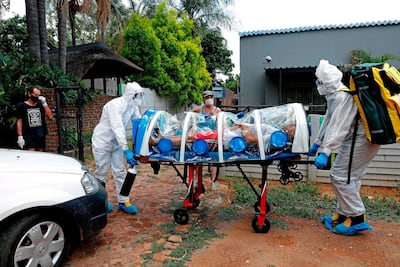
“Once we start vaccinating, we really want to vaccinate everybody before it starts to have the opportunity to mutate, because then you’re much more protected.”
The South African variant was reported in 23 countries and territories, the World Health Organisation said on Wednesday.
The B117 coronavirus variant, first reported in the UK, has been found in at least 60 countries, 10 more than seven days ago, it said.
Both the UK and South African variants are believed to be up to 70 per cent more transmissible than early strains.
The number of deaths reached a high of 93,000 in the previous week, with 4.7 million new cases reported, the WHO said.



